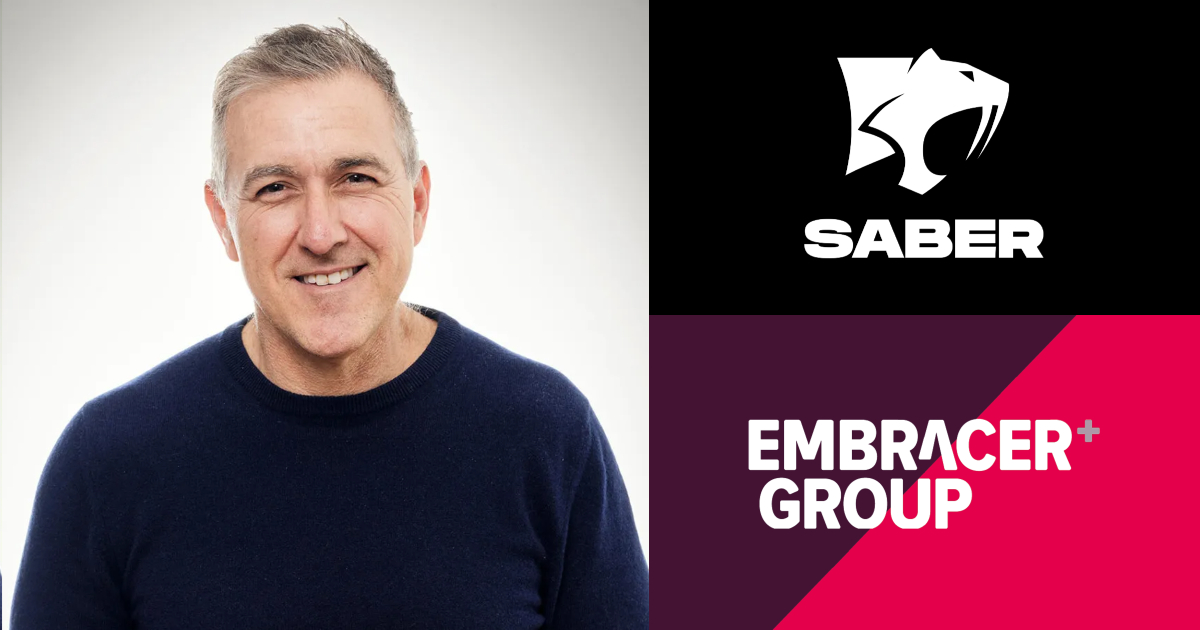Saber head on Embracer's fall-off and layoffs: "When the market lost patience, hard decisions had to be made"
Saber Interactive CEO Matthew Karch has opened up about the company’s split from Embracer Group. He also tried to explain why the Swedish holding company shouldn’t be viewed as the “evil empire.”

Karch touched on these topics in an interview with IGN, saying that Saber split from Embracer on “very good terms.” His company was an integral part of that long acquisition spree that the Swedish holding company has been doing for a while until last year, when a $2 billion deal with Saudi Arabia fell apart, leading to a broad restructuring.
Over the years, Saber has taken over studios such as 4A Games, New World Interactive, 3D Realms, and Nimble Giant. Karch noted that all of them employed talented developers but had some issues in terms of how they operated their businesses, so Saber’s goal was to bring them into a place “that they maybe wouldn’t be able to get into on their own.”
Speaking about the public perception of Embracer as the “evil empire,” he said the Swedish holding company is more of a “small-town and homegrown of a large organization.” According to Karch, it values IPs it owns and doesn’t want to produce, say, Lord of the Rings games that would hurt the brand, also describing CEO Lars Wingefors as a “good human being” who cares about his people.
He believes that Embracer had to launch a restructuring program, which resulted in the elimination of almost 1,500 jobs, because the market has shifted and “lost patience” with the company.
When the market lost patience, hard decisions had to be made because there was just no way to sustain everything that was going on. And so that's why the layoffs occurred. I don't think the layoffs that Embracer incurred to any larger or degree than they incurred anywhere else, but Embracer, because it acquired so quickly, has gotten a reputation because it's had to lay off people quickly. CEO of Saber Interactive
Karch noted that it is easy for people to judge the situation from the outside, but critics don’t take into account that some of the studios wouldn’t have been able to grow the way they’ve grown without Embracer: “We’ve created a lot of jobs, and they may have, especially in this market downturn, been out of business in any event because capital has just dried up, not just at Embracer, but everywhere.”
He said while Wingefors was naive about the market and the company’s prospects in it, he and the team should be admired “for making tough decisions and doing whatever they can to preserve as much of what they’ve built as they can in a fair and equitable way.”
More details, including Karch’s take on a possible death of $70 games, can be found in the full interview.
